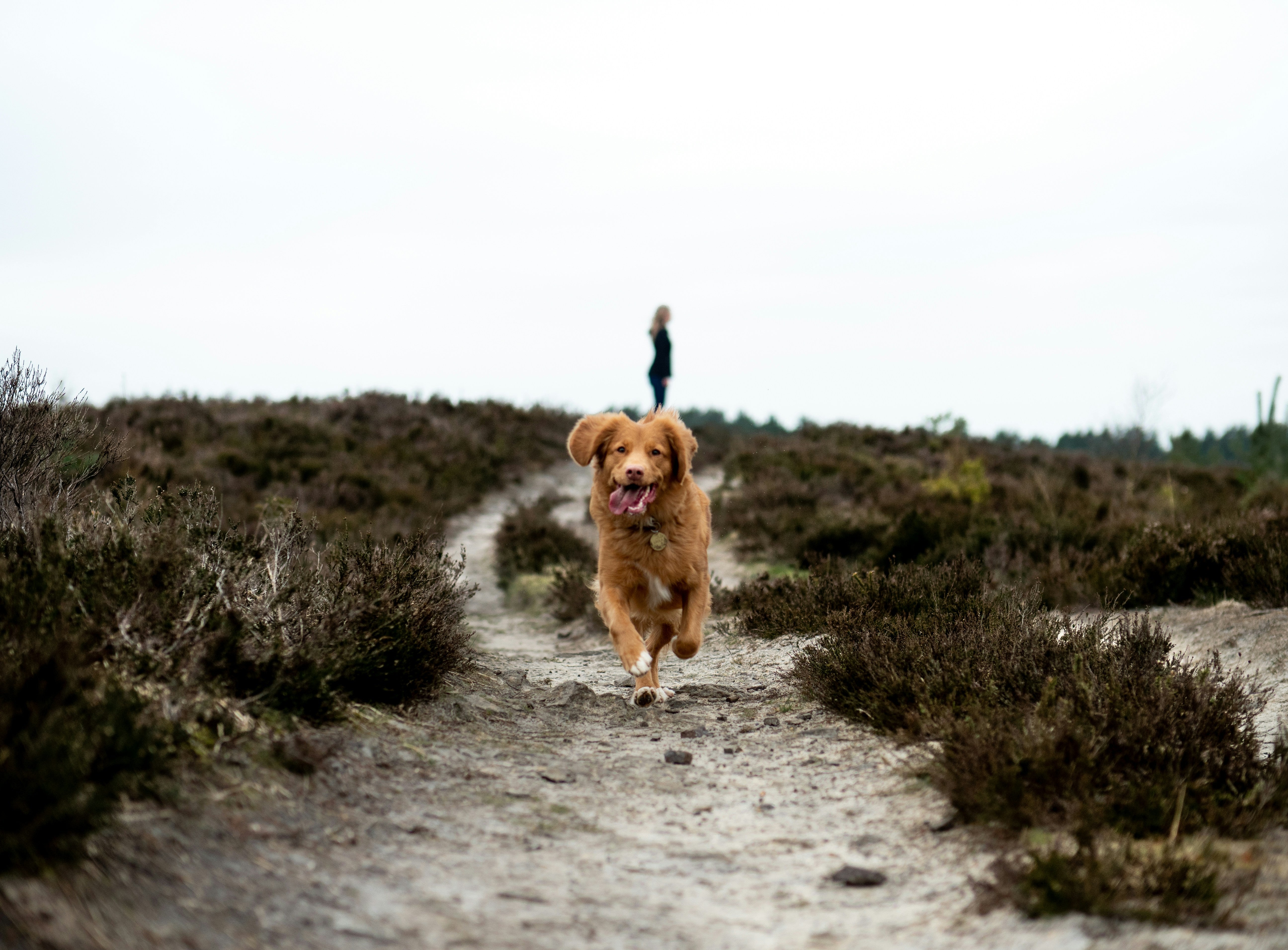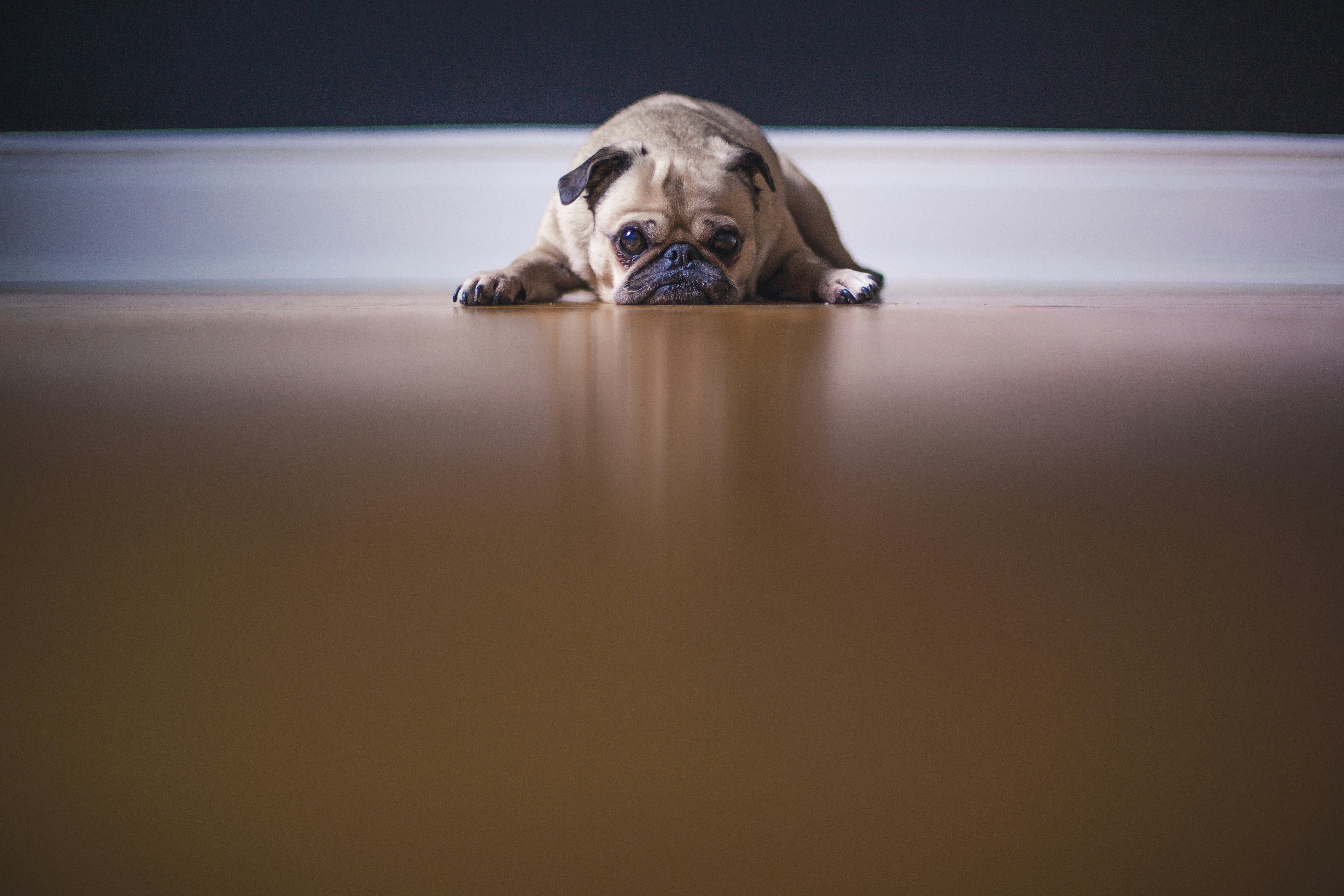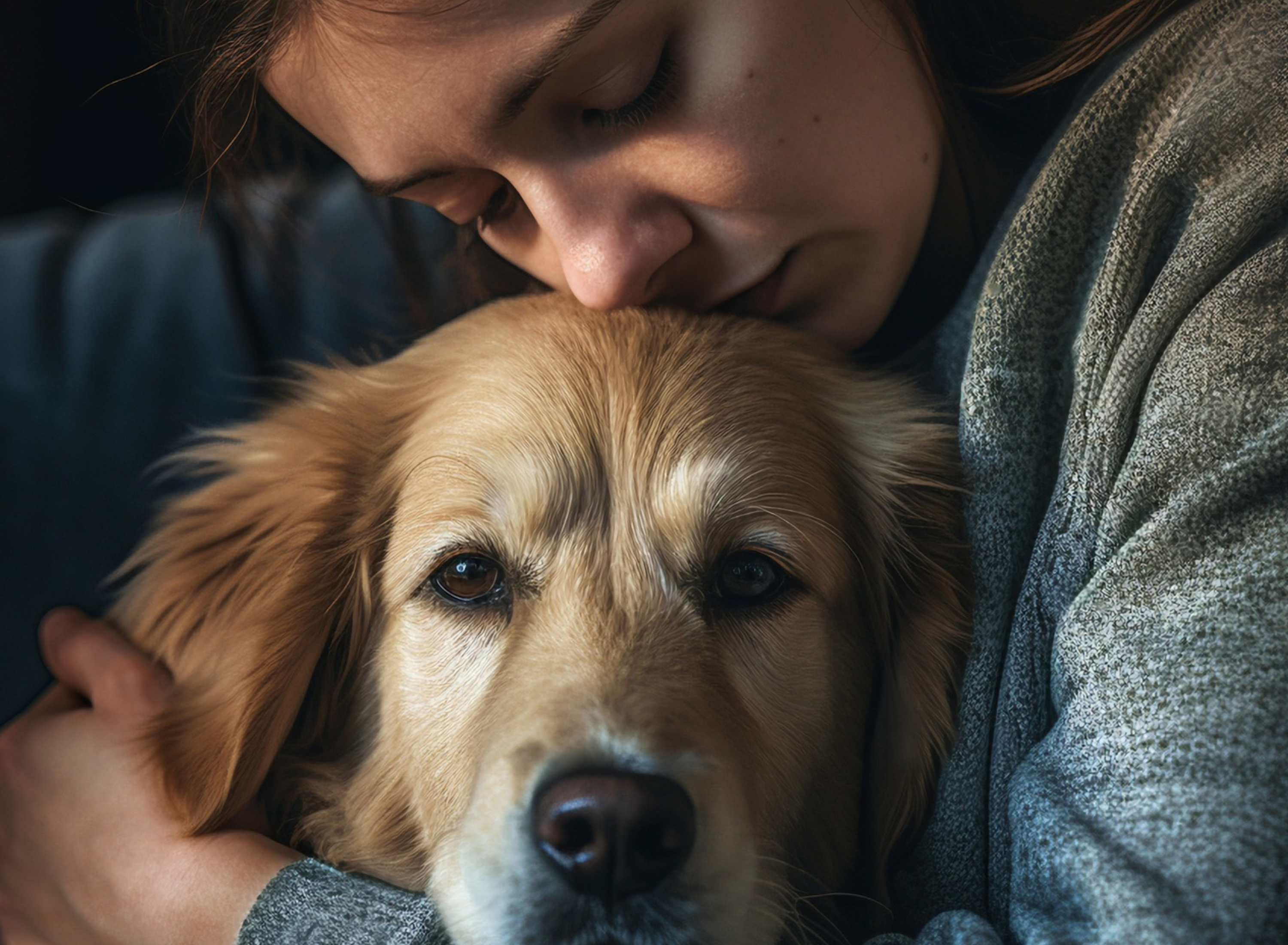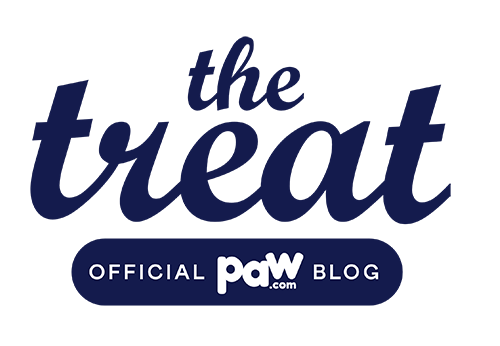
How to Stop Puppies From Biting
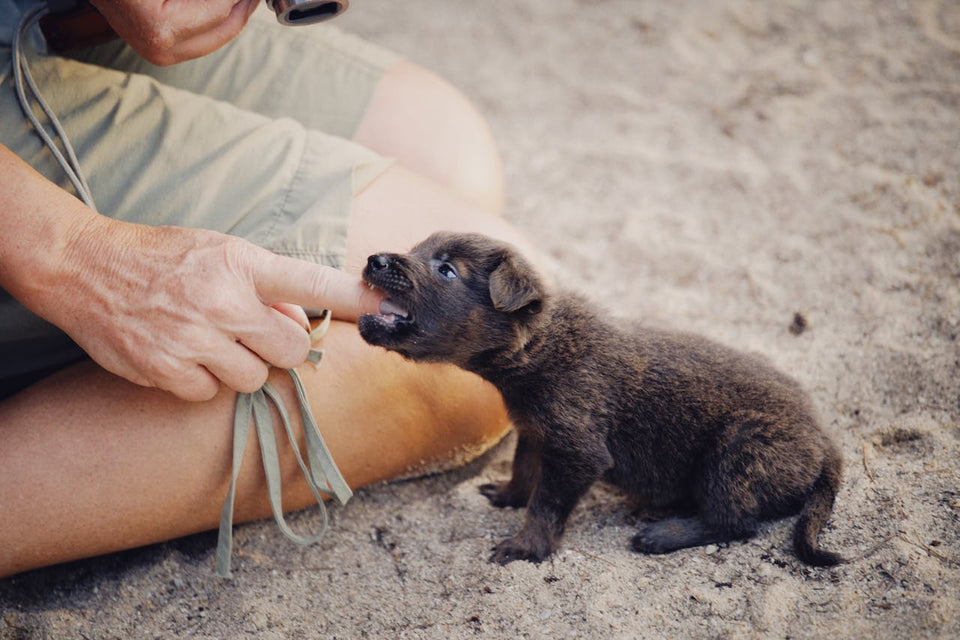
It's a scenario many new puppy parents are familiar with: playful nibbles that quickly escalate into more aggressive biting. While it's natural for puppies to use their mouths to explore their environment and engage in play, unchecked biting can lead to problematic behaviors in adulthood. Furthermore, those little puppy teeth, though tiny, can be quite sharp, often leaving owners with nips and scratches that can be both painful and frustrating. Understanding the underlying reasons for this behavior and implementing effective strategies early on can help ensure that your puppy grows into a well-behaved adult.
Puppy biting is usually a phase, and with the right guidance, it can be managed and eventually outgrown. However, curbing this behavior requires consistency, patience, and a keen understanding of the triggers and motivations behind the biting. Whether your puppy bites out of teething discomfort, excitement, or the simple desire for interaction, there are proven techniques that can redirect this behavior in a positive manner. In this article, we'll share some of the most effective strategies and techniques to put a stop to unwanted puppy biting. So, if you're looking to foster a harmonious relationship with your furry friend without the constant fear of those little chompers, keep reading to equip yourself with invaluable insights and methods.
The Significance of Bite Inhibition
Understanding Bite Inhibition in Depth:
Bite inhibition doesn't just refer to a dog's capability to control its bite, but it's an indication of their social learning and communication skills. This essential ability is a safeguard that even when a dog feels the need to use its mouth in certain situations, it won't cause serious harm. Naturally, puppies start absorbing this lesson from early interactions with their mothers and siblings. When one puppy gets too rough during a playful skirmish, the bitten pup's yelp or quick retreat serves as instant feedback. For human caretakers, mimicking this natural response with a sharp "ow!" can convey a similar message. But, it's crucial to monitor how your puppy interprets this. If they seem to amp up their excitement instead, a different approach might be needed, such as gently distracting them or initiating a brief cool-down period.
Broadening Positive Reinforcement Techniques:
The power of positive reinforcement in shaping behavior can't be overstated. When your puppy demonstrates restraint or adjusts its behavior after a too-enthusiastic nibble, immediately rewarding them with a small treat or an encouraging word can solidify this good behavior. On the other hand, to set boundaries, some pet parents might apply a bitter spray to specific items. This approach might dissuade puppies from biting things they shouldn't, helping them differentiate between acceptable and off-limit targets for their curious mouths.
Seeking the perfect blend of style and functionality for your puppy’s bedding? Dive into the luxurious comfort of the PupProtector™ Waterproof Throw Blankets. Tailored to guard against spills while ensuring your puppy is snug, it's the top-tier choice for discerning pet owners.
Setting Clear Boundaries During Play

The Consequences of Biting During Playtime:
Playtime, with its boundless energy and excitement, is a learning playground for puppies. However, it's crucial for them to grasp that biting is a no-go. Instead of resorting to shouting or aggressive reactions, simply pausing or stopping the play sends a clear message: biting will interrupt their fun. Encouraging rough or aggressive play can inadvertently increase biting tendencies, making the behavior harder to manage in the long run.
Proactive Engagement and Redirection:
When playing with your puppy, always have a toy within arm's reach. This foresight ensures that if they get the urge to bite, you can swiftly divert their attention to the toy. By consistently endorsing positive actions and dissuading undesirable ones, you'll steadily instill in your puppy a clear understanding of what behaviors are expected.
Cultivating Positive Interactions
Proactivity in Anticipating and Steering Behavior:
Puppies can sometimes get overly playful, mistaking moving feet or dangling hands as play targets. If your pup tends to leap at your feet during strolls, using a high-value treat to guide their behavior can be a game-changer. Not only will this foster good indoor manners, but it sets the stage for successful, stress-free leash walks in the future.
The Power of Thoughtful Time-outs:
A brief break can work wonders for an overstimulated puppy. If they get too rambunctious, a gentle timeout in their crate offers them an opportunity to reset. Crucially, this crate time should be a neutral or positive experience, never a punitive one. Ensuring your demeanor is calm and reassuring will help maintain a positive association with the crate.
Related Link: Recognizing When It's Too Hot to Walk Your Dog
Interpreting and Meeting Their Underlying Needs
Decoding Signs of Overstimulation:
Occasionally, puppies may bite due to overwhelming stimuli. Recognizing this can help you address the root cause, be it the need for a serene environment, rest, or even basic needs like hunger or a restroom break.
Channels for Releasing Pent-up Energy:
For some puppies, biting is an outlet for their bubbling energy. Affording them a secure environment like a yard, where they can freely romp and play, might be the solution. Observing their play patterns and energy levels can grant insights into their unique needs and preferences.
Consistently Recognizing and Rewarding Good Behavior
The Impact of Acknowledging Peaceful Moments:
In the whirlwind of managing an active puppy, quiet moments can often be overlooked. Yet, taking the time to praise and reward them during these tranquil times can have a lasting positive effect, guiding them towards a calm demeanor.
Leveraging Expertise When Needed:
Persistent or aggressive biting should be a signal to solicit expert guidance. Enrolling in a structured puppy class can be a boon for both you and your pup. Beyond the opportunity for your puppy to mingle and play with peers, professional trainers can offer customized advice and techniques. Navigating the journey of puppyhood will inevitably have its highs and lows, but with determination, patience, and the right tools, guiding your puppy to becoming a well-adjusted adult dog is a gratifying and achievable goal.
Want to give your pup the best snooze ever? Check out the super fancy PupProtector™ Waterproof Throw Blankets! They're made to handle spills and keep your puppy cozy.
The Path to Gentle Canine Companionship

After journeying through the myriad of strategies and techniques to curb puppy biting, it's evident that patience, consistency, and understanding are paramount. As you nurture your young canine friend towards becoming a well-mannered adult, always remember that their behavior is a reflection of their environment, learning, and experiences. For those seeking to not only train but also pamper their pups, don't miss out on exploring Paw. Offering high-quality dog beds and bedding that seamlessly integrate with your home decor, Paw ensures your beloved pet rests in both comfort and style.
Related Link: New Puppy Checklist: 14 Must-Have Essentials
Share this article
written by
